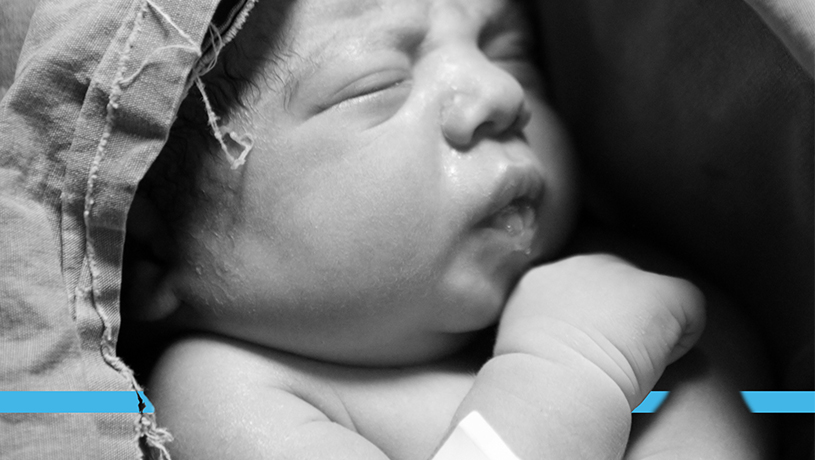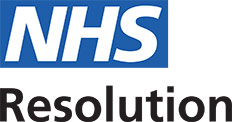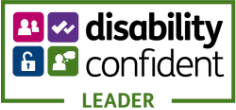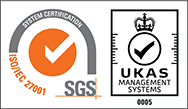Maternity care in the NHS is generally very safe, but every year NHS Resolution resolves a small number of compensation claims that arise from avoidable intrapartum brain injuries. These incidents are devastating for the child, their family and those who care for them, involve lifelong care needs and can result in multi-million pound compensation payments from NHS funds. Preventing just one of these cases would save untold anguish to families and the healthcare staff involved, some of whom go on to leave the profession. It would also result in millions of pounds in savings to public funds.
We have made significant progress in building strong and collaborative links in maternity, establishing NHS Resolution as a trusted system partner. We have deployed innovative approaches to incident investigation in our Early Notification Scheme as well as incentivising safety improvements through our Maternity Incentive Scheme in key areas such as maternity workforce planning and multidisciplinary training. However, we want to do more in collaboration with others to improve maternity outcomes. We will adopt a two-pronged approach, improving the process for compensation claims in maternity (in terms both of determining eligibility for compensation and of the approach to delivering compensation and support), as well as collaborating across the clinical maternity system to reduce preventable harm and share best practice.
While we will continue to devote resources to other specialities, maternity will be a strategic priority for the next three years.
Our aims
We will improve the processes for families to access compensation by:
- Supporting the planned improvements to deliver independent, standardised and family-focused maternity incident investigations that provide learning to the health system at local, regional and national level and help build local capacity and capability to respond to such incidents.
- Evaluating the effectiveness of our Early Notification Scheme, considering the financial aspects as well as seeking to better understand the scheme’s impact on families and healthcare staff.
Improving the process and pathway for families who are entitled to access compensation for serious maternity harm, through a better understanding of the outcomes they would like to achieve. - Increasing the involvement of families and their legal advisors to co-develop approaches to compensation that ensure the child’s needs remain central as well as providing security for life, while reducing any unnecessary costs associated with the conventional model.
Working with all parties including claimant lawyers to explore novel and innovative approaches within the existing legal framework, including early engagement across the health, social care and education systems. - Reviewing our in-house expertise to ensure we are able both to access and work with the foremost experts across all specialties involved in childbirth, including neonatal care.
- Continuing to work with other indemnifier/insurer organisations in the UK, Ireland and internationally to share innovations and developments for shared objectives.
NHS Resolution has built good foundations within the maternity system, overseeing two innovative maternity initiatives which are delivering some early benefit. We will focus on how else we can support a reduction in the human, workforce and financial costs of preventable harm in maternity care, and support the national maternity safety ambition by:
- Working with NHS trusts and others to improve the response to harm so that families and healthcare staff are appropriately supported and a just and learning culture is promoted.
- Continuing to contribute Early Notification data and intelligence to the national Maternity Safety and Concerns Group.
- Exploring options for developing a neutral and early restorative intervention, based on the principles of Being Fair, to help preserve trust and open communication between families and their healthcare providers following an incident of serious maternity harm.
- Evaluating our Maternity Incentive Scheme to build a shared understanding of the value it adds. This will allow us to do more of what we know delivers positive improvement.
- Continuing to enhance the governance for the Maternity Incentive Scheme, providing greater clarity to NHS trusts on what we want them to achieve to reduce the burden on maternity units.
- Collaborating with current NHS maternity data initiatives and experts to make the best use of the unique data we hold in order to improve the care provided to mothers and their babies.
- Contributing data to current system initiatives to investigate the social determinants of care, including inequalities and unwarranted variation in outcomes.
- Collaborating with clinical maternity teams to develop maternity training modules, including the Avoiding Brain injuries in Childbirth (ABC) programme, to provide access to innovative, effective and clinically-credible learning materials.
- Developing our Maternity Voices Advisory Group to build consensus and co-develop our strategy and outputs.
- Continuing to work with our valued and trusted partners in pursuit of these aims, including: NHS provider organisations; the national maternity safety champions; our arm’s length body partners; and other key stakeholders.
- Exploring and strengthening Advice services to maternity teams.
What will success look like?
- We have a better understanding of the impact that making a claim following a serious maternity incident has on families and the healthcare staff involved so that we can deliver support that helps preserve a relationship of trust and open communication.
- We have a better understanding of why families pursue compensation, enabling us to respond more effectively. We are able to deliver compensation in real-time, meeting lifelong care needs in a way that reduces distress to the family, the costs of inflation and associated legal costs.
- We are in a position to make continuous improvements to both our Early Notification and Maternity Incentive Schemes, focusing on doing more of what we know has a positive impact.
- Our research adds value. This could include identifying areas for others to undertake further research; informing the development of quality training materials; and working with others to co-create safety actions that could be incorporated into future Maternity Incentive Scheme years.

Page last updated on:






